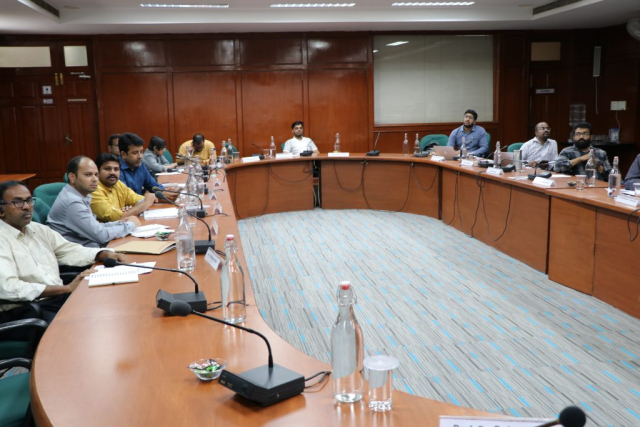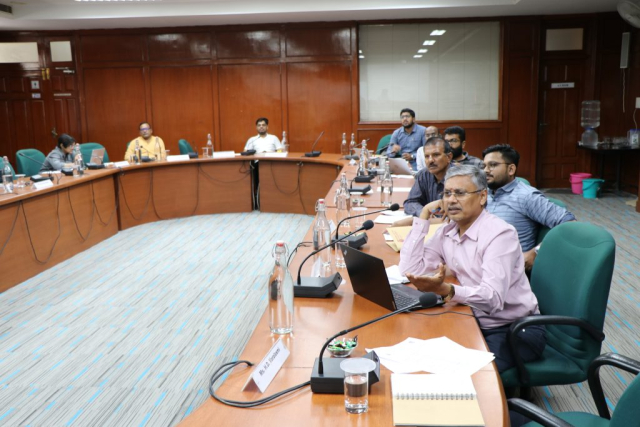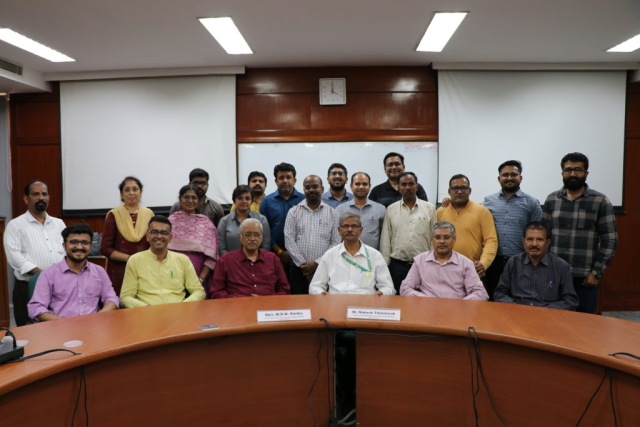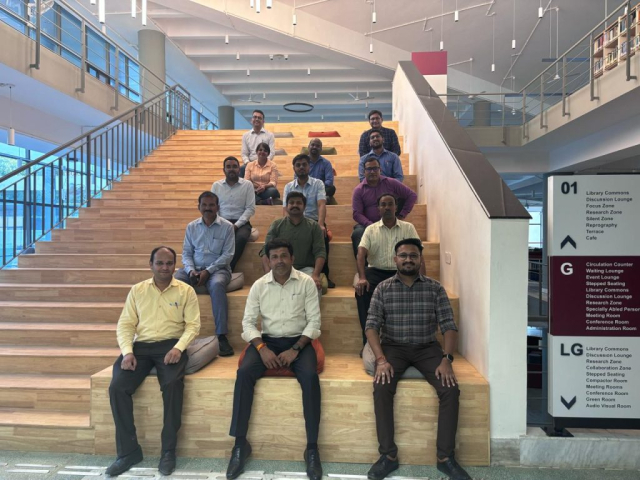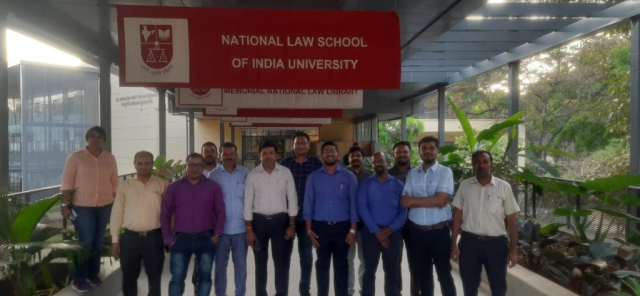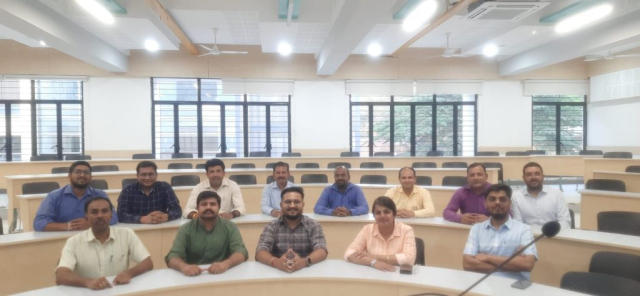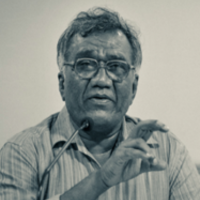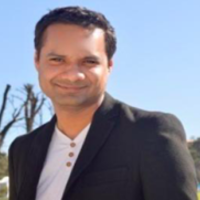The Chair on Consumer Law and Practice at NLSIU is organising a National Webinar on “Navigating Consumer Protection in the E-Commerce Metaverse: Safeguarding Privacy in the Virtual Marketplace” on March 15, 2024, from 3:30 PM to 5:30 PM IST.
The aim of the National Webinar is to deepen understanding and foster collaboration on the challenges and opportunities presented by the integration of e-commerce into the metaverse, focusing on consumer protection and privacy. It seeks to equip participants with the knowledge and strategies needed to navigate the complexities of virtual transactions, ensuring a secure, transparent, and consumer-friendly digital economy.
Concept Note
The concept of the metaverse has captivated technologists, entrepreneurs, and consumers, offering a glimpse into a future where virtual reality, augmented reality, and immersive digital experiences converge. This vision, fueled by technological advancements and a growing digital appetite, holds profound implications for e-commerce and consumer protection.
E-commerce platforms are pivotal within this landscape, serving as bustling hubs where consumers can engage with products and services in novel ways. However, as the metaverse expands, so do the challenges surrounding consumer protection and privacy. Traditional notions of commerce and consumer rights are being reshaped, raising critical questions about trust, transparency, and accountability.
As individuals increasingly transact in virtual spaces, they face risks from data breaches, identity theft, and fraudulent schemes. The rapid proliferation of e-commerce platforms within the metaverse amplifies concerns regarding privacy and data protection. Users leave behind personal information and behavioral data, ripe for exploitation by companies and advertisers. Ensuring consumer privacy and data control is complex due to the opacity of virtual environments and the intricate algorithms governing them.
In India, legislation is pivotal to establish a robust framework for consumer protection and privacy in the e-commerce metaverse. The Consumer Protection Act 2019 and Consumer Protection (E-Commerce) Rules 2020 provide a legal basis for safeguarding consumer rights in online transactions. The Information Technology Act 2000 and related regulations govern electronic transactions, digital signatures, and cybersecurity, further ensuring online safety.
Looking forward, the Digital Personal Data Protection Act 2023 aims to bolster data protection measures and regulate personal data collection, processing, and storage in digital environments. Against this backdrop, the National Webinar on “Navigating Consumer Protection in the ECommerce Metaverse: Safeguarding Privacy in the Virtual Marketplace” seeks to provide a comprehensive understanding of this evolving landscape.
The webinar aims to fosters dialogue, shares insights, and collaborates on strategies to address challenges and opportunities in the convergence of e-commerce and the metaverse. Through insightful discussions, expert presentations, and interactive sessions, participants will explore key themes such as the implications of the metaverse for e-commerce, the evolving landscape of consumer protection in digital environments, privacy concerns in virtual marketplaces, and best practices for ensuring trust and confidence in online transactions. Through interdisciplinary dialogue and problem-solving, the webinar aims to chart a path forward toward a more secure, transparent, and consumer-friendly digital economy in the era of the metaverse.
Download the webinar brochure, to view the full schedule of the webinar.
How do I register?
The registration form is available here.
The Zoom link to join the webinar is available here (Meeting ID: 997 6150 0897, Passcode: 481179).
For additional information or queries, please write to

